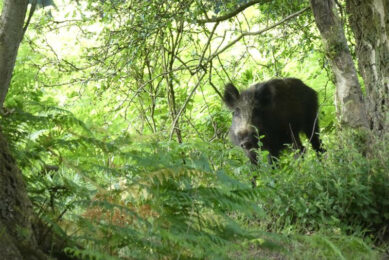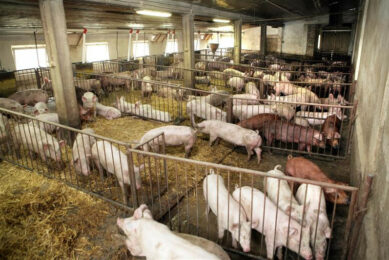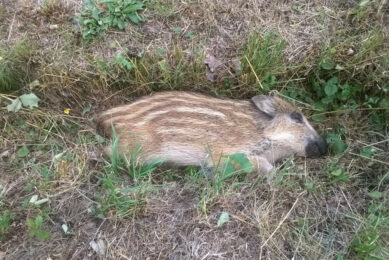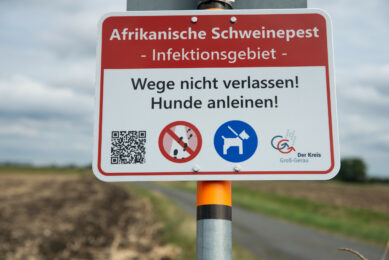Sausages with ASF genome found in Russian groceries
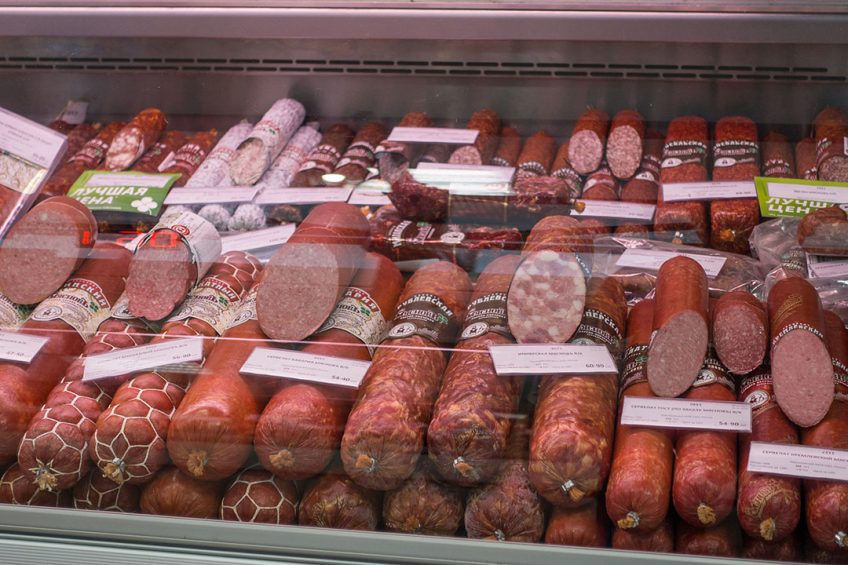
Sausages under the brand name Buterbrodnaya containing the genome of African Swine Fever (ASF) were found in 136 stores in 5 Russian regions, Russian veterinary body Rosselhoznadzor said in a statement on its website October 21.
The virus DNA was also detected in the raw materials used to produce the sausages at several warehouses, Rosselhoznadzor added.
It is not clear how the virus entered the supply chain. In the statement, Rosselhoznadzor stressed that the finding was extremely strange, considering that the meat-processing plant that released the pork containing the ASF genome was sourcing its raw materials exclusively from the farms where no ASF outbreaks have been reported.
Sausages passing veterinary and sanitary inspections
The sausages containing virus’ DNA had all passed veterinary and sanitary inspections and had obtained the electronic veterinary certificate, Rosselhoznadzor said. As such, it is believed that majority of the potentially dangerous products were sold off at the time when the Russian veterinary officers revealed the presence of ASF genome, Rosselhoznadzor said. The agency added that the government agencies established a hotline to withdraw the infected products from the customers who purchased it.
Rosselhoznadzor said that in the Chelyabinsk region alone up to 285kg of sausages with the ASF genome could have been sold to customers. It is unclear what is the overall weight of products with virus genome that hit the market. Officially only one outbreak of ASF was ever registered in Chelyabinsk region, in November 2017.
Read more on African Swine Fever at our special ASF minipage
ASF genome does not mean live virus
In an earlier statement, the agency stated that the identification of the virus genome doesn’t necessarily mean that the products contain live virus. There is still no certainty, whether or not the processed pork products containing ASF genome may provoke an ASF outbreak among live pigs.
It is well-known that ASF pose no danger to humans, but after consuming ASF-infected pork a person could carry the virus and possibly infect pigs, Rosselhoznadzor department for Chelyabinsk region said in the statement.
Pork being smuggled from quarantine areas
Russia keeps registering new ASF outbreaks. This year the virus entered the Far Eastern federal district, causing heavy losses for the local pig farmers. Amur region lost 36% of the total pig population or 45,000 head of pigs since the beginning of the year, the regional agricultural ministry said in a statement October 23. So far, in this part of the country the virus penetrated only Amur region and Primorsky Krai with all outbreaks were found within 200 km from the border with China.
As of 30 October, Rosselhoznadzor registered 76 ASF outbreaks on pig farms and 37 outbreaks among wild boars since the beginning of the year in Russia.
A particular concern has been raised over the smuggling of live pigs and pork products that have not undergone any thermal treatment from the quarantine zones. Last time, Rosselhoznadzor reported that local farmers were trying to transfer some pigs from a quarantine zone in their trucks in Amur region on October 29.
The same reports are coming regularly from different parts of the country. In earlier statements Rosselhoznadzor officials stressed that smuggling from the quarantine areas remains to be a major problem contributing to the spread of the virus in the country.



